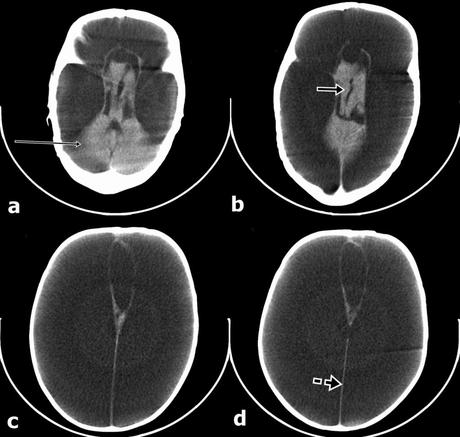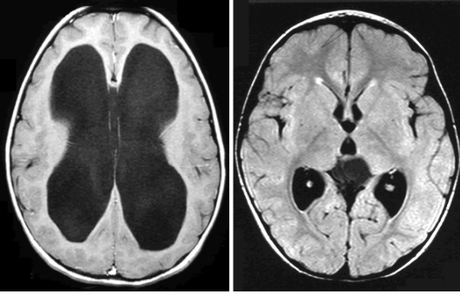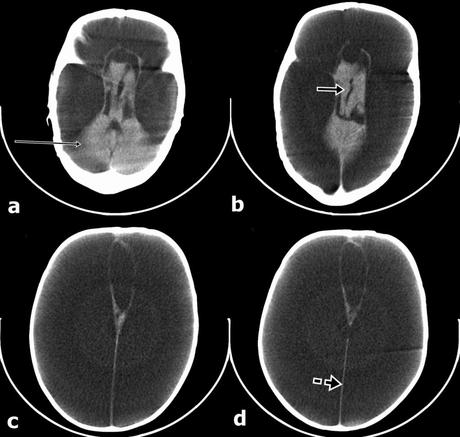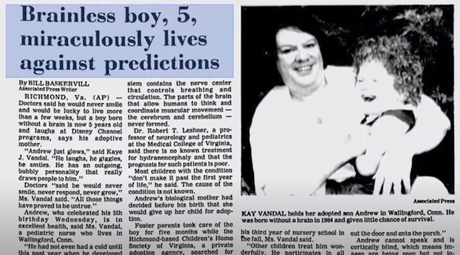
What happens when we die?
We’ve been talking in this series about the evidence for Near Death Experiences (NDEs). This evidence suggests people have retained vivid conscious awareness following clinical death, and they have gone to another place.
For biological naturalists, this is a hard claim to take seriously. The naturalist will typically assert that we are our brains. “Conscious states are entirely caused by lower level neurobiological processes in the brain.”[1] Our minds are an emergent property that comes from the physical stuff of the brain, and so when the brain ceases functioning, we cease to exist.
This view of the brain is very common. But that does not mean it is correct. Many people can believe something that later turned out to be false. Right? For centuries, people thought life emerged spontaneously; dust created fleas, rotting meat made maggots, and wheat in a dark place led to mice. It took scientists like Louis Pasteur to show that spontaneous generation was a commonly held, but false belief. Is it possible that the naturalist belief that we are our brains is a contemporary common, false belief also?
The evidence from NDEs argues against the naturalist understanding of mind and brain. If I go somewhere else after death, I cannot be my brain, because my brain has ceased to function. In fact – if my mind is non-physical but related to my brain, and if my mind can exist without my brain, then the claims of NDEs are probably what we would expect. And in this blog series, we have looked at just a few examples from the volumes of NDE accounts that exist.
But how would we be able to tell if our minds were separate from our brains? In our normal experience, don’t we engage with conscious beings who have brains?
Yes – of course. But even if I have only engaged with conscious beings with brains, that does not mean consciousness is GENERATED BY those people’s brains. It could also be that their conscious mind is simply closely CORRELATED TO their brain at this time. Further, there are medical cases of Hydrocephalus and Hydranencephaly that may suggest people do engage with conscious human subjects who have severely degraded, and even absent brain hemispheres. This supports the idea that mind is not created by brain, rather it is correlated to it.
Evidence from Hydrocephalus
Doctors have encountered instances where conscious people lack a normal, functioning brain. Hydrocephalus is a condition where fluid builds up in the skull and puts pressure on the brain tissue, causing damage to it and hindering personal development. In half of the most severe cases, the patient was mentally challenged. Michael Jones notes this is what we would expect if biological naturalism was right and – we are our brains. However, the other 50% of the severest cases of Hydrocephalus had IQs over 100 and functioned properly.[2]

Neurologist John Lorber has studied hundreds of cases of Hydrocephalus. In one case, he talks about a university student with an IQ of 126, a first-class honours degree in mathematics, and an active social life. Yet he had virtually no brain, just a thin layer of mantle a millimetre or so thick. His skull was mainly filled with cerebrospinal fluid.[3] Early onset Hydrocephalus in children has also been studied and it does not lead to degraded development in every case because some patients develop above average intelligence despite drastically reduced brain mantle volume.[4] Lorber has systematically studied a remarkable set of accounts that litter the medical literature and go back a long way.[5] Jones observes that these cases are anomalies if materialist views of the brain are true. Yet if it is right that consciousness is only correlated to the brain, they would be somewhat expected.[6]
Evidence from Hydranencephaly
Hydranencephaly as an even more severe condition involving cases where brain hemispheres do not develop at all and are absent. These patients are assumed to exist in a vegetative state because they lack the brain areas that supposedly produce consciousness.

Yet studies have been done on children suffering from Hydranencephaly who exhibit traits of consciousness. In some cases, they express themselves, display evidence of the experience of feelings like pleasure and joy, and they smile and laugh.[7] They are awake and responsive, can distinguish voices, and do not appear in a vegetative state. The British Medical Journal observes Hydranencephaly usually presents with severely delayed milestones during early childhood.[8] What is fascinating however is that development is delayed, not precluded due to a lack of evident brain hemispheres. Children without brains are slower to develop, but they do develop. One boy lived for many years and was able to interact with his family and his environment even though medically speaking there was no brain present in his skull.[9] Again, this situation is anomalous if the brain generates the mind. But if mind and brain are merely correlated, we would probably expect cases like this to sometimes occur.

Conclusion
This blog series has assessed some of the evidence for NDE’s which suggest that people have left their bodies at certain times, often close to or in a state of flat line clinical death, before returning from that state afterwards. Skeptics will argue that because the human mind and the brain are essentially the same thing, this clearly is a physical phenomenon, the dying brain. Yet we have seen why that conclusion does not satisfy the available evidence.
In this blog, we have summarised medical cases of Hydrocephalus and Hydranencephaly that suggest that human consciousness is not necessarily dependent on a complete brain anyway. If we are resistant to NDEs because of a biological naturalist view of personhood and the brain, I would suggest in the light of these cases, we need to rethink our position. If people can be conscious without a complete brain, then surely it is at least possible that human consciousness can go on once the physical body has died.
What about the theological implications of this? Are NDE claims at odds with the Bible’s teaching about life after death? Do they sound more mystical than Christian? We will pick up that important subject in the next installment.
[1] John R. Searle, Mind A Brief Introduction, (Oxford: Oxford University Press, 2004), 79.
[2] Near Death Experiences: Irreducible Mind (Part 5), Inspiring Philosophy, accessed 4th December, 2021, https://www.youtube.com/watch?v=nnTVPCwPjhI.
[3] Lewin, R, “Is Your Brain Really Necessary?” Science, vol. 210, no. 4475, 19080, pp. 1232-1234.
[4] Berker, D. E., Goldstein, D. G., Larber, J. Priestly, D. B. and Smith, D. A. (1992), “Reciprocal neurological developments of twins discordant for hydrocephalus,” Developmental Medicine & Child Neurology, 34: 623-632, doi:10.1111/j.1469-8749.1992.tb11493x
[5] Lewin.
[6] Inspiring Philosophy.
[7] Aleman, Barb & Merker, Bjorn. (2014), “Consciousness without cortex: A hydranencephaly family survey,” Acta paediatrica (Oslo, Normway : 1992), 103. 10.1111/apa.12718.
[8] Hydranencephaly: a rare cause of delayed developmental milestones, BMJ Case Reports, published 2013, accessed 4th December, 2021, https://casereports.bmj.com/content/2013/bcr-2013-009589.full.
[9] Bill Baskervill, Boy Born Without Brain Proves Doctors Wrong, AP News, 13th July, 1989, accessed 4th December, 2021, https://apnews.com/article/08099b98348a930469a232b9250f1509.
